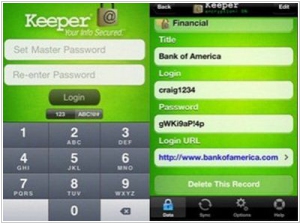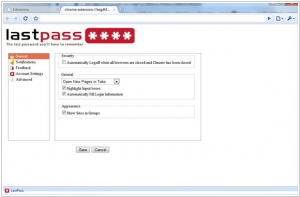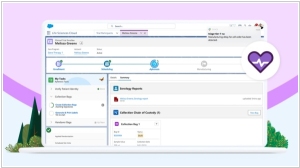Keeper vs LastPass
August 06, 2023 | Author: Michael Stromann
Keeper and LastPass are both popular password management tools, but they have distinct differences in their features, user interface, and pricing models. Keeper is a robust password manager that focuses on security and ease of use. It securely stores and autofills passwords, credit card information, and other sensitive data. Keeper offers features like password generation, form filling, secure sharing, and multi-device synchronization. It provides a user-friendly interface and caters to both individual and business users. Keeper offers both free and premium versions, with the premium version unlocking advanced features and additional security options. On the other hand, LastPass is also a comprehensive password manager that offers a wide range of features. It securely stores and manages passwords, offers password generation, autofill, and form filling, and provides multi-device synchronization. LastPass provides a user-friendly interface and offers both free and premium versions.
See also: Top 10 Password Managers
See also: Top 10 Password Managers
Keeper vs LastPass in our news:
2016. Password manager LastPass is now free
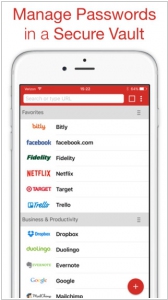
LastPass, the password manager under the ownership of LogMeIn, has announced a significant update to its service by making a core component available for free. Previously, users could access the browser extension at no cost but had to pay a $12 annual fee to enjoy mobile password portability. However, LastPass has decided to eliminate this fee, allowing users to freely access their passwords on mobile devices. The free services now include essential features such as two-factor authentication, password generation and sync, as well as access from unlimited devices. Essentially, LastPass is now charging only for enhanced features rather than convenient access. It's worth noting that the company continues to generate revenue through its enterprise offerings. LastPass states that this pricing change is driven by a commitment to making password security accessible to a wider audience. However, it is also likely aimed at enticing users away from other paid password management services.
2015. LogMeIn acquired password management service LastPass
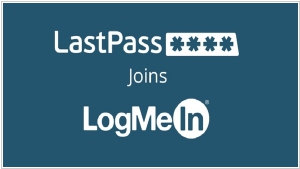
Remote access software provider LogMeIn has completed its acquisition of LastPass, the online password management software maker, for a total sum of $110 million. LastPass, a competitor of Dashlane, 1Password, and similar solutions, offers a comprehensive suite of tools designed to enhance online security for users. Its flagship product is a password management software application that facilitates the creation of strong, secure passwords for various websites, while also providing a secure repository for other private information in the form of "secure notes." In addition to a native desktop application for OS X, which was launched earlier this year, LastPass offers features such as a "Security Check" tool, enabling users to quickly assess the strength of their passwords. The company also provides web browser extensions and a mobile app to ensure convenient access to its services.
2015. Password manager LastPass launches version for Mac
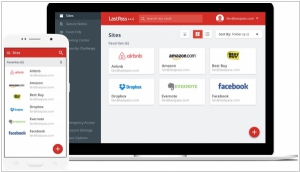
LastPass, a password management service, has launched a new native Mac application that offers enhanced integration on OS X along with several new features. The updated app includes instant logins, the capability to perform security checks on online accounts, and a fast search function. With growing awareness of the threat posed by hackers, apps like Dashlane, LastPass, and 1Password are among the first to be installed on users' new computers or mobile devices. It's worth noting the irony that despite the recent high-profile data breaches at physical stores like Target, Staples, and Home Depot, consumers remain vigilant about online security.

